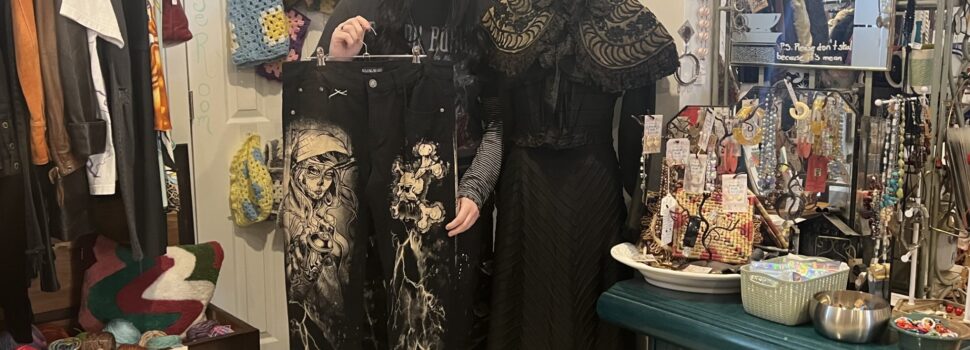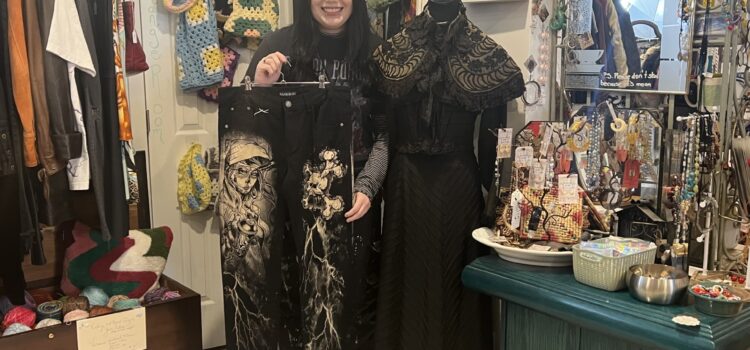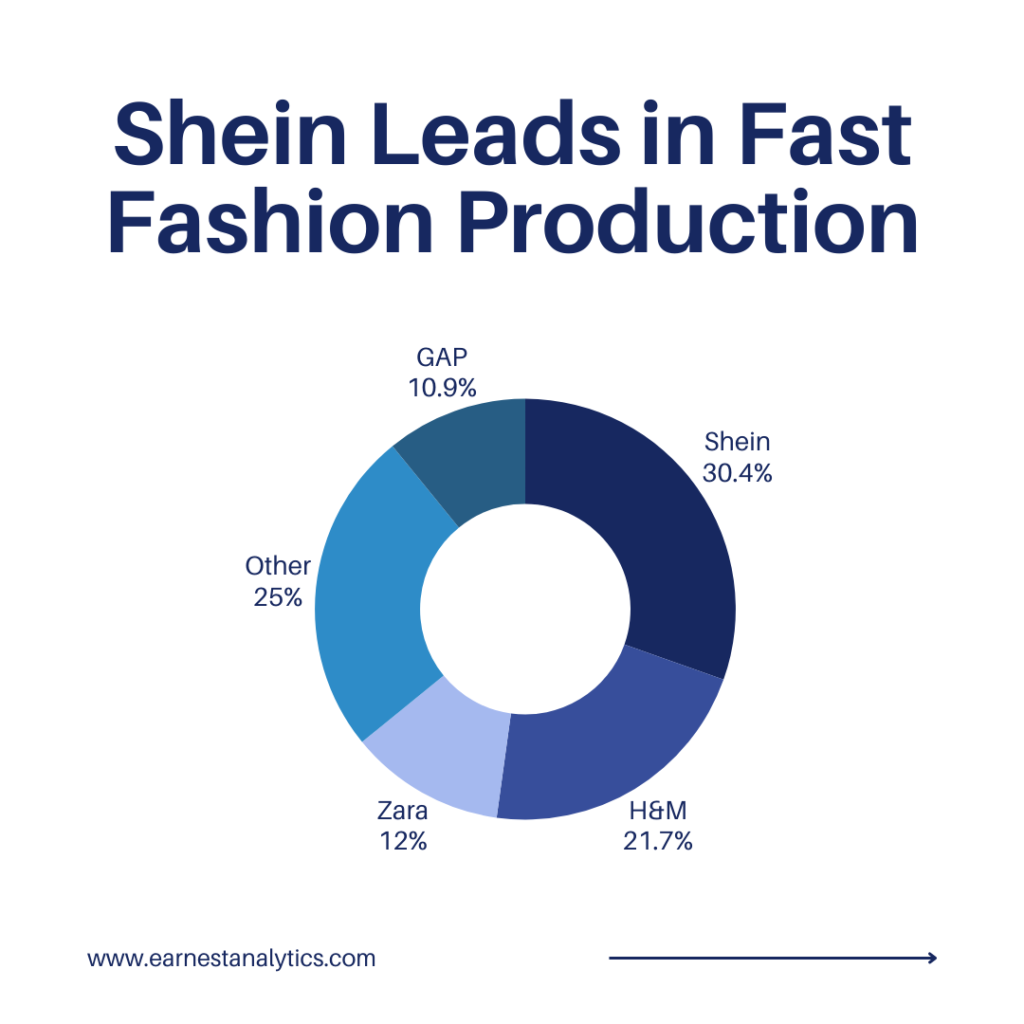

Toronto thrift shop owner works against “fast fashion”
FashionLifestyleNews Mar 19, 2024 Aliyah Marko-Omene

While many shoppers reach for their wallets, one local store owner has decided to use her love for clothing to work against the growing cost of fast fashion.
Tatyana Passaretti, the owner of Aesthetic Trash Vintage, was out of work during the pandemic and decided to turn to one of her passions to keep her busy.
In 2019, Passaretti created her first Depop account to try and sell some of her vintage clothing.
Depop is an online marketplace where users can buy and sell pre-loved clothing while connecting with people worldwide through fashion.
“I have always been really into fashion, and it’s always been a personal kind of thing,” says Passaretti.
“I had accumulated a little collection because I always had the thought in the back of my mind to sell vintage.”
Passaretti says during COVID, when online sales were the only option, she sold large batches of clothing on her account.
“It was moving, and I had to consider whether I wanted to make a little career change from doing make-up,” says Passaretti.
“And I did,”
Passaretti says many consumers are turning to thrifting due to inflation.
“You know, during the Great Depression, lipstick sales went up because people just wanted a small luxury; thrifting is just like that,” says Passaretti.
“You can get beautiful clothes very affordably, so I think a lot of people are realizing it, and that’s kind of why it’s blowing up.”
Passaretti says fast fashion is slowly on the way out, mainly due to its declining quality and increased pricing.
“I was at the mall the other day, and even H&M is charging 100 dollars for a piece of clothing,”
Passaretti is one of many consumers questioning brands for their involvement in fast fashion.
Fast fashion allows companies to stay current with the latest trends by producing mass products at the lowest cost, having severe consequences for the environment.
The accelerated production process has caused fashion to become the leading industry for waste, encouraging a throw-away culture among consumers.
While many fast-fashion brands exist, one stands out from the rest for its production alone.
Shein has become the world’s most detrimental fast fashion brand, with production in the billions.
Shang Lu, a professor at the University of Delaware who studies the apparel industry, recently said in a Vox article that Shein’s garment production is more than double that of its competitors.
“In a 12-month period, Gap had around 12,000 different styles; H&M had approximately 25,000; and Zara clocked in around 35,000. Shein had 1.3 million,” says Lu.
What sets Shein apart from its competitors is its pricing.
Clothing is priced as low as 1 dollar in an attempt to get consumers to buy a high volume of low-quality products.
In 2022, the company’s net worth was 100 billion, but it has recently declined, dropping to 69 billion dollars in 2023.
Shein is one of many retailers experiencing a high return rate for online orders. In a recent report, the British Fashion Council’s Institute of Positive Fashion found that more than half of the returns made end up in landfills.
The report also found that apparel waste generated an estimated 750,000 tonnes of CO2 emissions in 2022 alone.
Passaretti says TikTok has made more people aware of fast fashion and helped end the stigma around thrifting.
“I know for some people it has an uncomfortable feeling around it,” says Passaretti. “I think the internet and people going online and showing their thrift hauls has helped remove that stigma.”
Passaretti says that pricing has always been a priority for her as she works to combat the increasing prices of apparel and retailers.
“I try to price things at what they are actually worth as a used item,” says Passaretti. “I try to keep things realistic for me and the consumer.”
The response to Aesthetic Trash Vintage has been positive for local thrifters.
“We have been here for two years now and have a handful of regulars,” says Passaretti. “I will see them coming in multiple times a week to shop for new stuff.”
Passaretti continues to expand the store and has brought in local vendors who sell household items, candles, and handmade goods.
Aesthetic Trash Vintage is located at 605 Bloor St. W and is open seven days a week.

